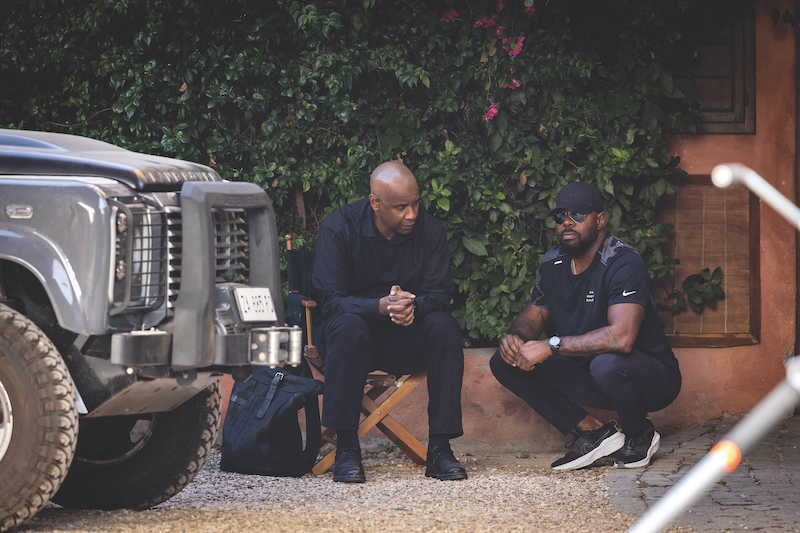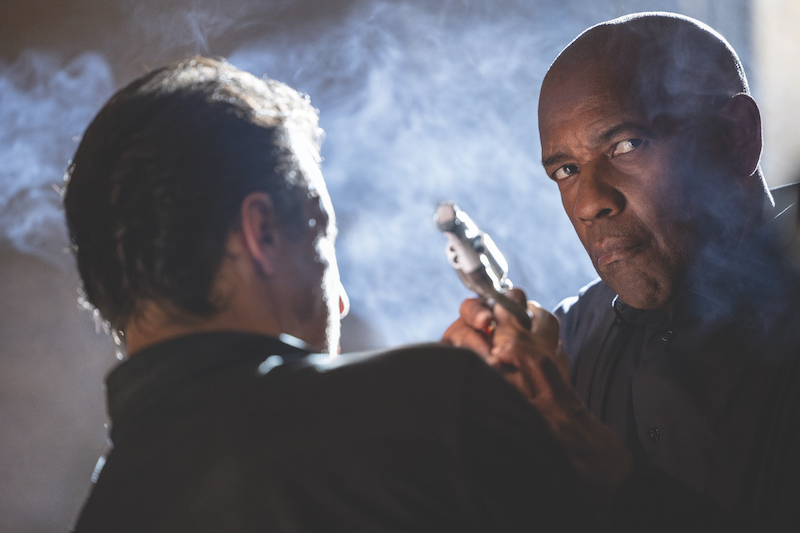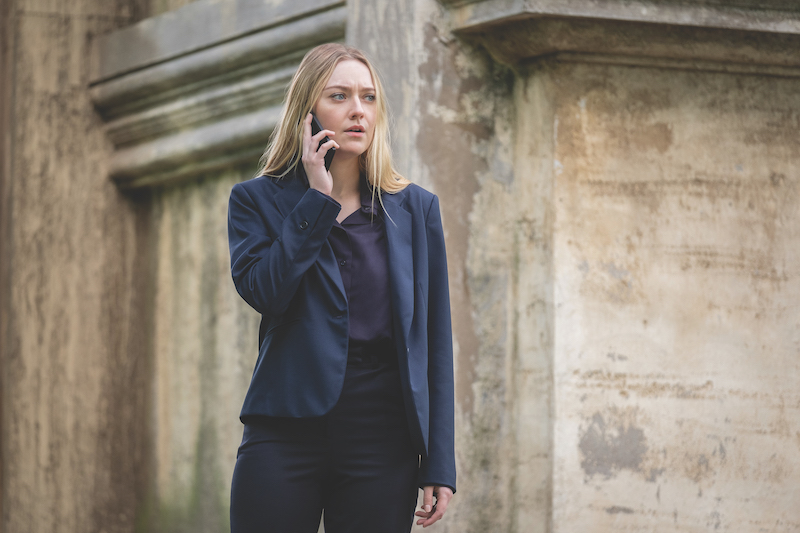The Sequalizer: In conversation with Antoine Fuqua, Equalizer trilogy director
On the validity of violence, samurais and the future of the Equalizer universe…
What is currently intended to be the concluding chapter of The Equalizer saga, The Equalizer 3 is set to explode into UAE cinemas this August 31, with a fistful of improvised weaponry. It wraps up the story of retired US Marine, ex-DIA officer, and missionary of bloody justice Robert McCall (Denzel Washington), a one-man special ops unit committed to defending the downtrodden and victims of organised crime. This third entry is primarily staged in a remote Italian town, where McCall finds himself staring down the berretta of a local Mafia family. The price for peace, the cost of sanctuary is of course, a pile of dead bodies, intense hand gestures and all-out war.
The cast includes Dakota Fanning, creating an emotional Man on Fire, Creasy-Lupita reunion; David ‘Roy from The Office’ Denman; and Gaia Scodellaro. It’s directed by master craftsman Antoine Fuqua (Training Day, Southpaw and The Magnificent 7) who has been at the helm for each of the three Equalizer films (itself a reboot of a TV show), with this film marking his fifth collaboration with on-screen muse Denzel. We had the honour of catching up with him ahead of the film’s release to discuss possible spin-offs, samurais and the validity of violence.
Book your tickets: here

Denzel Washington and Director Antoine Fuqua on the set of Columbia Pictures THE EQUALIZER 3 in Italy. Photo by: Stefano Montesi
You’ve said before that this film concludes a trilogy, but what are the chances we’ll get to see a prequel or a spinoff or some other form of film in the Equalizer universe?
Yeah. I don’t know. The audience will decide really. Once it gets out into the world, and if it’s received the way we all hope and intend for it to be received. Those conversations, I’m sure, will happen. But it will be up to Sony.
Denzel’s character starts the movie as an outsider in the community that he finds himself in. What aspects of the character did you want people to see from this setup?
He didn’t really want to engage with the people, but because the people are warm… It’s a small town, and they’re very inviting. I wanted the audience to see how you can fall in love with another culture. A man from America, a black man, could go to Italy and fall in love with the culture, with the people. So it doesn’t really matter where you are. That was the most important thing.

Denzel Washington stars as Robert McCall in Columbia Pictures THE EQUALIZER 3. Photo by: Stefano Montesi
It feels like Robert McCall is on a bit of a lone samurai adventure. Upholding honour and fighting off morally bankrupt warlords. And obviously, your Magnificent Seven movie is a reimagining of Seven Samurai. Is that a genre you feel affinity towards?
I do. I think it all started when I saw Seven Samurai Corsaro’s film when I was a kid. The idea of helping people who can’t help themselves is very appealing to me. I think it’s important to put that into the world.

People love seeing bullies and abusers getting their comeuppance. And it seems to be a big part of the joy in watching the Equalizer movies. Do you feel like this makes the audience more accepting of the violence? That it’s a necessary part of the tale?
It is a necessary part of the tale in a movie. Right. In the entertainment world. I hope in a real world there’s other ways to deal with people. But in a movie, absolutely. It’s acceptable in an entertainment format. But the bad guys have to be worthy of that punishment as well. So they have to be really, really bad.
Were there any sort of executions or any scenes of extreme violence that you had to dial back a little bit where you felt like it went a bit too far?
There’s definitely stuff on the cutting room floor. A few things that I’ve said, “we’re OK, I don’t need that in every scene.” I always push it a little further and then I’ll dial it back a little bit, according to the audience, the studio and all the smart people around me. You have to find balance.
Book your tickets to The Equalizer 3: here
Images: Provided
